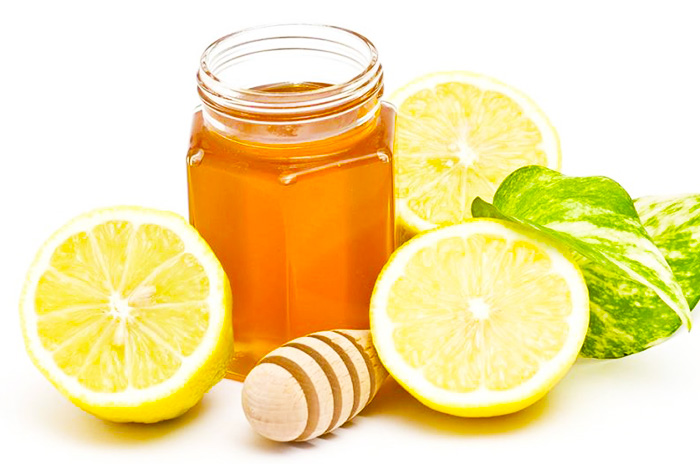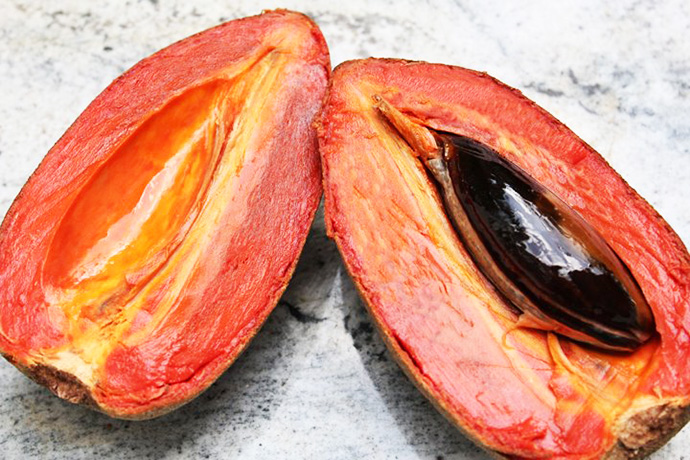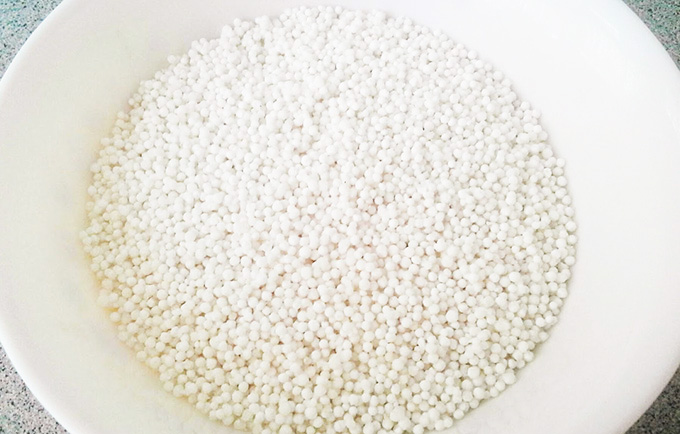The smell of wintergreen is perhaps one of the most easily recognizable scents out there — it’s the one that gives a lot of muscle and joint pain relieving creams their characteristic smell. These days, you can easily purchase a bottle of wintergreen oil from pharmacies and herbal stores.
Wintergreen is well-known for its ability to reduce pain and inflammation. What makes it so effective as such is the fact that it contains impressive amounts of methyl salicylate. According to scientists, methyl salicylate is the all-natural counterpart of aspirin, which everyone knows is a reliever of pain, inflammation and fever.
It is from the leaves of wintergreen where the analgesic and anti-inflammatory oil come. There are many other plants that contain methyl salicylate, but it is said that wintergreen is one of the richest sources of it. By the way, the herb comes in various names. Some of them are mountain tea, spice berry, teaberry and checkerberry.
Commonly, wintergreen is employed topically. Oral intake is not recommended especially in high doses because methyl salicylate can be very toxic. Usually, pure wintergreen oil is diluted in carrier oil before applying or massaging on problem areas to keep it from causing irritation of the skin.
Here are some of the health benefits of wintergreen or a topical herbal preparation containing it:
It Relieves Achy and Stiff Joints
There is no denying that wintergreen is highly effective for combating painful, stiff and swollen joints because of its methyl salicylate content. The said naturally-existing chemical has the ability to encourage blood circulation to problem areas, speeding up the delivery of nutrients and elimination of waste products and toxins.
It Eases Painful and Sore Muscles, Too
Certainly, wintergreen — no matter if in oil, cream or any other form — is also superb at dealing with muscles that are sore and inflamed due to overuse or an injury. Massaging wintergreen oil on the affected muscles helps reduce inflammation, while at the same time generate sensations that help bring down the level of pain experienced.
It Promotes Loss of Appetite
People who want to lose weight but cannot control their voracious appetite may actually count on wintergreen. The smell of wintergreen oil is known to have appetite-curbing properties. Chewing wintergreen-flavored gum can also reduce one’s appetite, although the flavoring is only synthetic — there is no actual wintergreen present.
It Helps Tone the Skin
A highly diluted form of wintergreen oil is traditionally used for toning the skin. That’s because it possesses astringent properties, which means that it can make bodily tissues shrink. This means that wintergreen oil, when weakened a lot, can help tighten skin, shrink large pores and control oil or sebum production.
It Also Helps Treat Dandruff
Another traditional use of wintergreen is for the treatment of dandruff. Again, it has something to do with the fact that the herb has astringent properties, and it can help reduce scalp oiliness. You see, some cases of dandruff are due to excessive scalp dryness, while others are brought about by too much oil on the scalp.
Caution
Undiluted wintergreen oil can cause skin irritation, so it should be diluted with carrier oil first. Using the herb for pain and inflammation should be done sparingly. As mentioned earlier, it is a no-no to employ wintergreen orally or internally. Methyl salicylate it contains can be very toxic most especially in high doses.
Wintergreen oil or any product or preparation containing it should be kept out of harm’s way. Pregnant women as well nursing moms are discouraged from using wintergreen oil. For chronic pain relief, it’s best to let your doctor know about your plan on employing wintergreen oil for it.
Sources: balancemebeautiful.com








